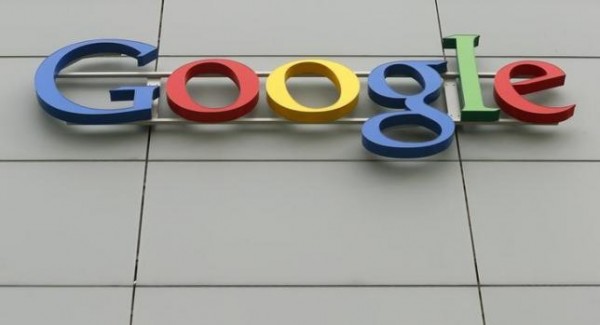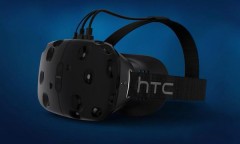By Ellen Fraser, | January 13, 2016

Google wants to boost its virtual reality focus, staying on top of the next wave of video content.
Google has created a division focusing on virtual reality, a move that will compete against Facebook and its subsidiary Oculus.
The new division will be led by former Google Apps VP Clay Bavor and it will be dedicated to developing VR products like Google Cardboard, NDTV Gadgets reported. CEO Sundar Pichai will be the key deputy to run it. Simultaneously, the move signals Google’s emerging intent to build a viable enterprise business.
Like Us on Facebook
Since Google launched Cardboard in 2014, the smartphone-powered device has received positive reviews and increased its distribution because of the partnerships with classrooms and The New York Times. Still, the company's VR efforts so far pale in comparison to those of Facebook-owned Oculus, which just opened pre-orders for its first consumer VR headset.
Google has invested heavily in Cardboard, a $20 cardboard holder which transforms a smartphone into a 3D viewing device. The inexpensive and accessible device is aimed at bringing mobile virtual reality to the masses. Google formed a partnership with GoPro and brought 360-degree videos to YouTube.
Also, Google has invested $542 million in augmented reality company Magic Leap, which is developing eyeglasses that project computer-generated images onto real life. It is also rumored that the company is building a version of Android for virtual reality devices.
In addition, the Internet giant recently hired VMware founder Diane Greene to head Google's cloud computing division. Greene is also in charge of the company's Web applications business, handling the aforementioned apps.
Gartner research director Brian Blau said that virtual reality has been mostly hype for years because the technology is tough to develop. Even now, there are very few devices on the market.
Samsung's $99 Gear VR Powered by Oculus headset represents the first time the promise of sophisticated virtual reality is being delivered at a populist price. And Facebook's Oculus Rift is shipping in March for $599. The headset will include built-in headphones and microphone, a sensor and an Xbox One controller.
At the Consumer Electronics Show (CES) 2016 in Las Vegas last week, 360 video and virtual reality were the talk of the show. YouTube’s Chief Business Officer Robert Kyncl said virtual reality would dramatically change the mobile viewing experience and predicted it would grow exponentially, according to Business Insider. He added that Google wants to boost its virtual reality focus, staying on top of the next wave of video content.
-
Use of Coronavirus Pandemic Drones Raises Privacy Concerns: Drones Spread Fear, Local Officials Say

-
Coronavirus Hampers The Delivery Of Lockheed Martin F-35 Stealth Fighters For 2020

-
Instagram Speeds Up Plans to Add Account Memorialization Feature Due to COVID-19 Deaths

-
NASA: Perseverance Plans to Bring 'Mars Rock' to Earth in 2031

-
600 Dead And 3,000 In The Hospital as Iranians Believed Drinking High-Concentrations of Alcohol Can Cure The Coronavirus

-
600 Dead And 3,000 In The Hospital as Iranians Believed Drinking High-Concentrations of Alcohol Can Cure The Coronavirus

-
COVID-19: Doctors, Nurses Use Virtual Reality to Learn New Skills in Treating Coronavirus Patients











